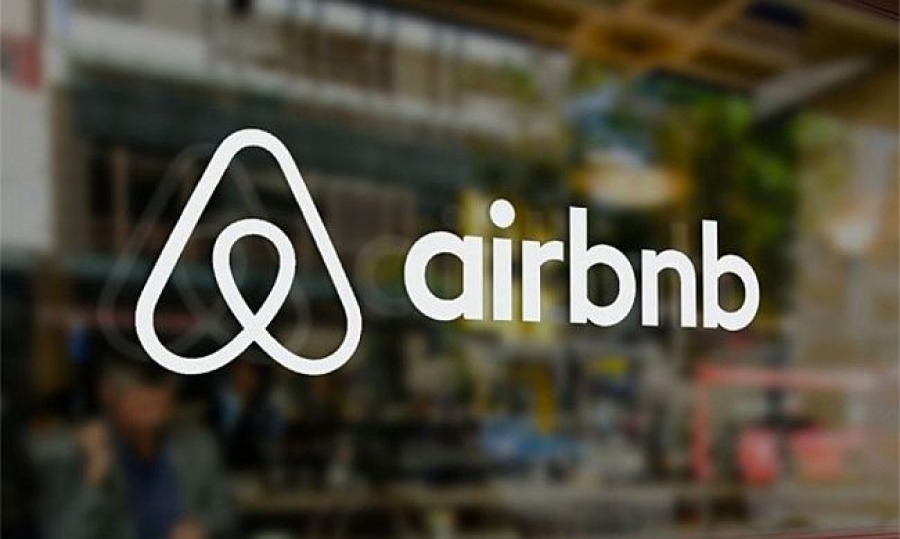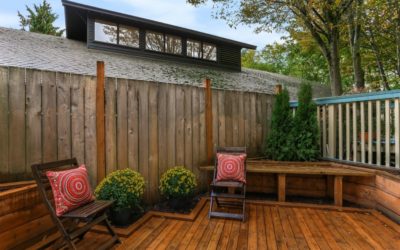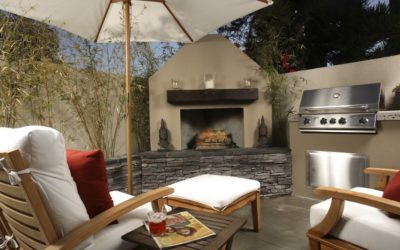What was promoted as a way for homeowners to earn extra income by hosting short-term rentals has ramped up to offer large-scale landlords and developers opportunities to cash in on short-term rental income earned by tenant hosts.
Airbnb Inc. is disrupting itself after disrupting both the hospitality and rental industries. This online booking giant is moving beyond its original homeshare foundation to simultaneously engage big business and entire rental communities.

High-rise landlords and developers have complained about the impact of the online booking company’s short-term rentals on their bottom line. When individual tenants embraced Airbnb’s homeshare concept and rented
out a room or rooms in their apartments to earn income, landlords objected. Airbnb, already valued at $31 billion, has turned this negative into its own special positive by partnering with some of its biggest critics.
Together landlords, real estate developers, and Airbnb stand to profit on many fronts:
The First Airbnb branded apartment complex: Deep in Disney territory, Florida’s +300-unit Domain gated community will be transformed to emerge this summer as “Airbnb’s grand hybrid experiment.” Leases allow tenants to share their units for up to 180 days each year and access tools like a new app integrated with Airbnb for check-ins. Tenants and landlord will share short-term rental profits. Partner Miami-based Newgard Development Group oversees the Domain project through its Niido Powered by Airbnb brand. Equity investor Brookfield Property Partners , with an initial investment of $20 million, will share in the 25 percent cut of revenue from each apartment subleased on Airbnb.
Airbnb expands into branded Florida buildings : Reportedly, as many as six more Airbnb-branded complexes like Domain will open in Florida. In October 2017, Airbnb announced plans to team up with more real estate developers and facility managers. For instance, Brookfield has committed a total of $200 million. Management companies are offered 5 percent to 15 percent of the profit tenant-hosts generate.
Purpose-built homeshare buildings: Airbnb reports there will be a series of developments that support home sharing in communities across the Southeastern United States: “Airbnb and Niido will work together to design new units and buildings that include features like keyless entry and shared communal spaces that make them optimal for home sharing. Niido will fully support the costs of construction and retain full ownership of the buildings.”
Airbnb’s Friendly Buildings Program : Since 2016, landlords have enrolled 13,000 units in this Program. Homeshare Permission for long-term tenants represents a new profit center for landlords who, through this, control rental activity and receive a percentage of short-term rents collected by their tenants.
Additional Partnerships redefine local rental: Partnerships like that with San Francisco’s largest and often-criticized landlord Veritas Investments along with tech start-up Pillow Residential will facilitate rapid penetration into existing markets. For instance, in this Partnership’s pilot project, Veritas will commit tenants in 5 of its 200 buildings to renting their residential unit through Airbnb and sharing profit with the landlord.
What will life be like for full-time tenants living in these Airbnb “hives?”
Tenants are faced with the extra security and privacy stress of living with the costs and obligations of leasing an apartment in a hotel-style environment and running their own homeshare “home-based business.” All this while they essentially working for landlords and Airbnb. Will any extra income be worth the hassles, especially for tenants in upscale buildings?
Residents of Domain balked at the invasion of their upscale resort-style home turf by “hordes of tourists.” How would you feel if the luxury complex you committed to in a lease became a high-turn-over hotel?
Reportedly, at Domain, residents who rent through Airbnb would pay Niido 25 percent of their homesharing income. In exchange, Airbnb offers residents[—who will actually pay for the hotel-style amenities used by visitors[—access to these common-area improvements. Really?
A careful read of lease fine print is essential to clarifying the degree to which a landlord is tied to Airbnb or another online booking venture. Receiving a portion of the rental profit for your unit may sound appealing, but is homesharing the lifestyle that you want year in and year out? Will hosting participation shift from voluntary to required as time goes on?
Airbnb has already been condemned for reducing rental availability and for increased rents in many communities. How will areas targeted by Airbnb and its big business partners fare? Will full-time tenants gain or suffer because of the hospitality focus that overrides traditional patterns of residential rental?
Will popular travel destinations become saturated with short-term rentals, so that long-term renters are squeezed out of town? As tourism shifts towards stays that allow travelers to experience real day-to-day life in the areas they visit, will travelers like what they find? If tourist demand lessens, how will that affect the value of these apartment buildings, hotels, and surrounding real estate?
Airbnb must live up to valuations and prove its worth to investors. To achieve this, Airbnb growth is aggressively directed toward luxury markets and chasing luxury-obsessed travelers. Airbnb Plus is a significant step toward becoming the go-to booking site for top-of-the-line hotel and related accommodation. Next, Airbnb Beyond which will move the booking site into elite markets and more exclusive accommodation.
Will the Airbnb intense one-dimensional development model squeeze the life out of communities and put renters and residential property owners under tremendous daily stress?



